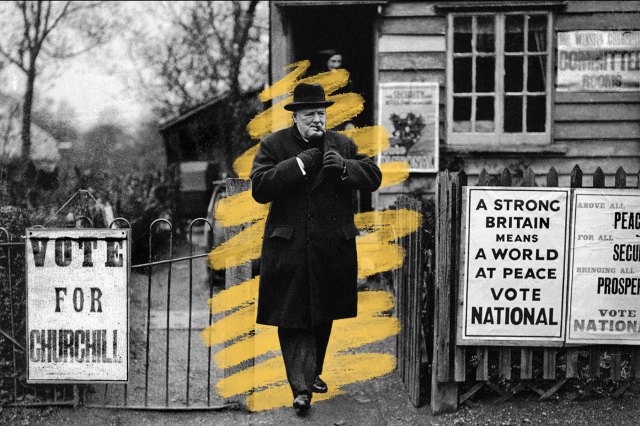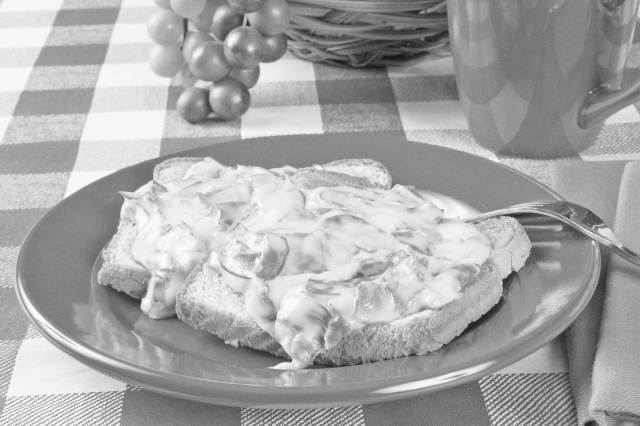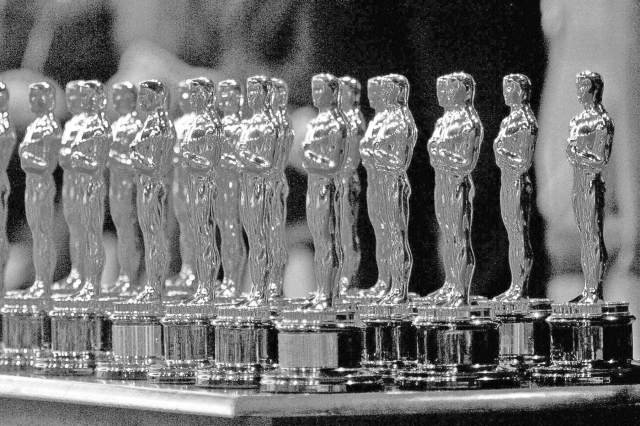 |
Winston Churchill had a doctor's note to let him drink alcohol during Prohibition. |
U.S. History |
 |
| |
| Churchill's case was far from unusual, as pharmacies often prescribed alcohol as "medicine" during Prohibition due to the lucrative payoffs. It was one of several methods Churchill used to finagle his way around Prohibition; he once visited an American speakeasy, wryly quipping that he only did so as a "Social Investigator." Churchill's drinking wasn't to be impeded upon by laws or religion, as he once imbibed in the presence of Saudi King Ibn Saud. Churchill used an interpreter to explain, "[M]y religion prescribed as an absolute sacred ritual smoking cigars and drinking alcohol before, after, and if need be during, all meals and the intervals between them." | |
 | |
 | |||||||||
By the Numbers | |||||||||
| |||||||||
| |||||||||
 | |||||||||
| |||||||||
Maine was the first U.S. state to ban alcohol in 1851. | |||||||||
| Long before Prohibition, local temperance movements around the U.S. sought to limit the consumption of liquor. Though several localities succeeded in doing so, Maine became the first to ban alcohol on a statewide level, thanks to the Maine Law of 1851. The law was the brainchild of Neal Dow, who served as the mayor of Portland starting in 1851, but was involved in anti-alcohol movements for many years prior. On June 2, 1851, the Maine Law passed successfully, though the backlash was significant enough that it was ultimately repealed just five years later. Maine's temperance movement remained strong, however, and the prohibition of alcohol was later written into the state constitution in 1885. After Prohibition ended nationwide in 1933, Maine allowed its residents to imbibe again, though several other states embraced the anti-alcohol lifestyle for decades to come. Mississippi was the final holdout among them, keeping Prohibition-era laws on the books until 1966. | |||||||||
 | |||
Recommended Reading | |||
 | |||
| | |||
 | |||
| | |||
| + Load more | |||
| |||||||||
| 700 N Colorado Blvd, #513, Denver, CO 80206 | |||||||||
|





No comments:
Post a Comment